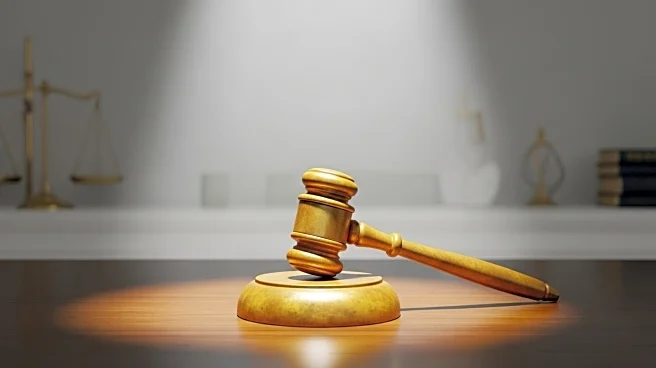What's Happening?
Argentina's President Javier Milei has experienced a significant electoral setback in Buenos Aires province, where his coalition was defeated by the opposition, garnering only 34% of the vote compared to the opposition's 47%. This defeat comes amid Milei's administration facing a major corruption scandal involving his sister, Karina, and signs of economic slowdown. Despite the loss, Milei has vowed to continue his government policies without retreat, emphasizing the need to accelerate and deepen his administration's course. The elections were seen as a plebiscite on Milei's government, which has been marked by public spending cuts, deregulation, and economic challenges such as inflation and frozen wages.
Why It's Important?
The electoral defeat highlights growing public dissatisfaction with Milei's economic policies and governance, which have led to significant social and economic challenges. The scandal involving Milei's sister has further damaged his administration's credibility, potentially impacting his ability to govern effectively. The upcoming midterm elections pose an even greater challenge, as they will determine the composition of the lower house and senate, potentially shifting the balance of power. The outcome of these elections could influence Argentina's political landscape and economic policies, affecting stakeholders such as businesses, investors, and the general populace.
What's Next?
President Milei will face midterm elections on October 26, which will be crucial in determining his administration's future. The government may need to address public dissatisfaction and economic issues to regain support. Political analysts suggest that Milei's administration is entering a challenging period, and the upcoming elections will test his ability to maintain political stability and implement his policies. Stakeholders, including political leaders and civil society groups, will likely react to the election results, influencing Argentina's political and economic trajectory.











